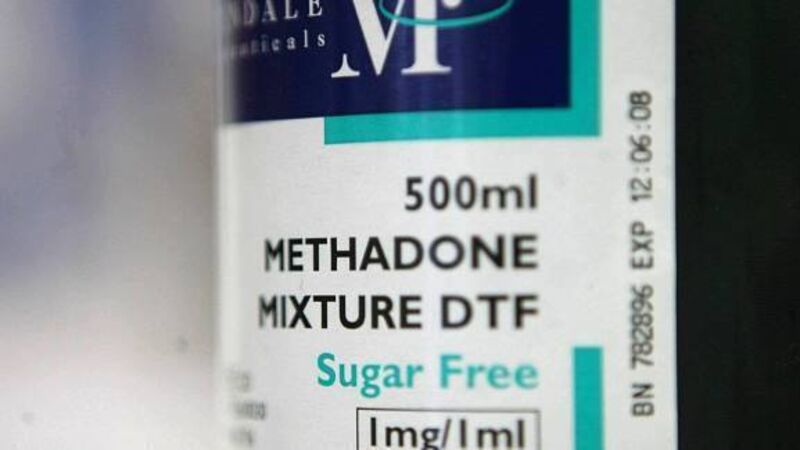40% of those taking methadone are on it for 10 years

Four out of ten people on methadone, the legal substitute for heroin addiction, have been on the drug for at least 10 years.
That is according to HSE data, provided to Fianna Fáil TD John Curran, which shows that of the 10,316 people on methadone in the country, 4,069 have been taking it for a decade or more.












